14 life lessons from Grand Tour stage winner Alex Dowsett - direct and humorous takes for boosting your fitness
A hero to club time triallists in Essex, Alex Dowsett is the everyman who broke the Hour record and won Grand Tour stages
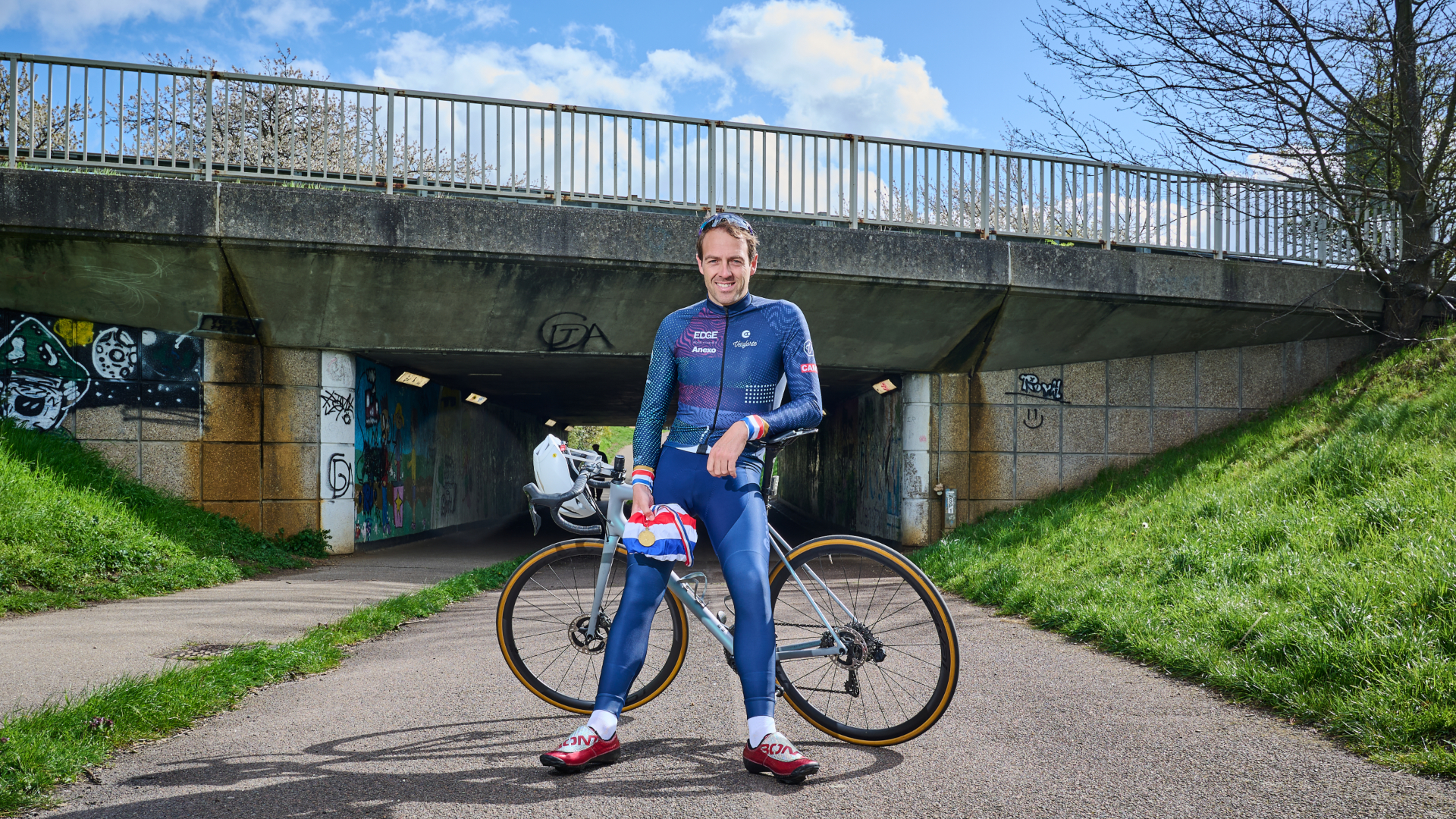
- 1. Inspiration starts at home
- 2. Shake it up
- 3. Use club TTs to master pacing
- 4. Push hard when it matters
- 5. Brain over brute force
- 6. Think ahead
- 7. It doesn’t have to hurt
- 8. Defeat your doubters
- 9. Don’t let slow tech hold you back
- 10. Massively overload, completely offload
- 11. Medical motivation
- 12. Don’t believe your own hype
- 13. Take a chill pill
- 14. Let your body guide you
- Dowsett’s career highlights

Alex Dowsett accomplished what most of us can only dream of – going from riding his club 10 in Maldon, Essex (UK), to having a 13-year professional career that included two Grand Tour stage wins, the Hour record and six national time trial titles. Dowsett retired from professional cycling last autumn, and spent the winter skiing and running in preparation for the 2023 London Marathon. The 34 year-old will return to cycling though with a programme of time trialling and gravel racing.
Alex Dowsett generously gave up two hours of his time, over two separate video calls, to answer CW’s questions on performance and training. With characteristic directness and humour, he talked us through lessons learned from a decade-and-a-half at the top of the sport.

1. Inspiration starts at home
My dad [Phil Dowsett] was a motor racing driver and he had a small trophy cabinet at home. He’d tell me all of his stories when I was a kid. Honestly, I remember I’d be thinking at 10 years old, ‘What on earth am I gonna tell my kids?’ I knew I needed to do something. Emulating my dad had a huge impact on me.
2. Shake it up
I was a big believer in changing coaches regularly. Many coaches set the same training repeatedly and you become good at that only. But with different coaches, sessions and stimuli, you really see some bigger gains.
3. Use club TTs to master pacing

I knew riders in Girona [in Spain] who’d test themselves on the Rocacorba [9.9km first-category climb], but I wasn’t very good at climbing, so I went to the Maldon 10 to see where I was at, aware that I was a good time triallist. I quickly realised how good the Maldon 10 [in Essex] made me at pacing; I intrinsically knew how to pace a time trial. Having a TT number on my back 20 times more than any other WorldTour rider, thanks to the British TT scene, gave me this huge advantage.
4. Push hard when it matters
Depending on the day, I would average between 400 and 435 watts in a time trial, and my performance was about refining pacing and polarising power. When it was time to go, I really hit it hard; when it was time to back off, I went close to zero. People who devised pacing strategies got an awful lot wrong, as they were based on computer modelling that ignored the nuances. I beat British Cycling’s computer modelling of my performance at the 2019 Worlds in Harrogate because I didn’t ride at 250 watts downhill like the modelling said, but instead at zero watts.
5. Brain over brute force
The day I really realised just how effective the Maldon 10 had been for me was in 2015, after the TT at Bayern Rundfahrt [German stage race]. A young, inquisitive Marc Soler [then a Movistar teammate] wanted some advice. Weighing 79kg, I had done 395 watts; at 70kg, he had done 400 watts. I had destroyed him, sticking one minute 53 seconds into him, despite the watts-per-kilo disadvantage and being on the same equipment.
Get The Leadout Newsletter
The latest race content, interviews, features, reviews and expert buying guides, direct to your inbox!
I asked him what he did in the first kilometre. “Rolled down the ramp, sprinted up to speed, changed gear a few times, reached 1,000 watts,” he said. I told him I didn’t go over 600 watts, got into the aero tuck and accelerated straight into the saddle. After a kilometre I was 10 seconds up on him, though he’d averaged 400 watts more. It was a lumpy course and I asked him what he did on the downhill section that kicked up into an uphill. “Four-hundred watts on both, and I went 60kph on the downhill,” he said. I told him that when I got to the top of the downhill, I accelerated hard and then sat on my top tube [then legal], at zero watts, and reached 70kph. I was going faster than him for 400 watts less. When I got to the climb, because I’d had a big rest, I was able to do 500 watts, punching out better watts-per-kilo than him and cresting the climb 20kph faster. His mind was blown.
6. Think ahead
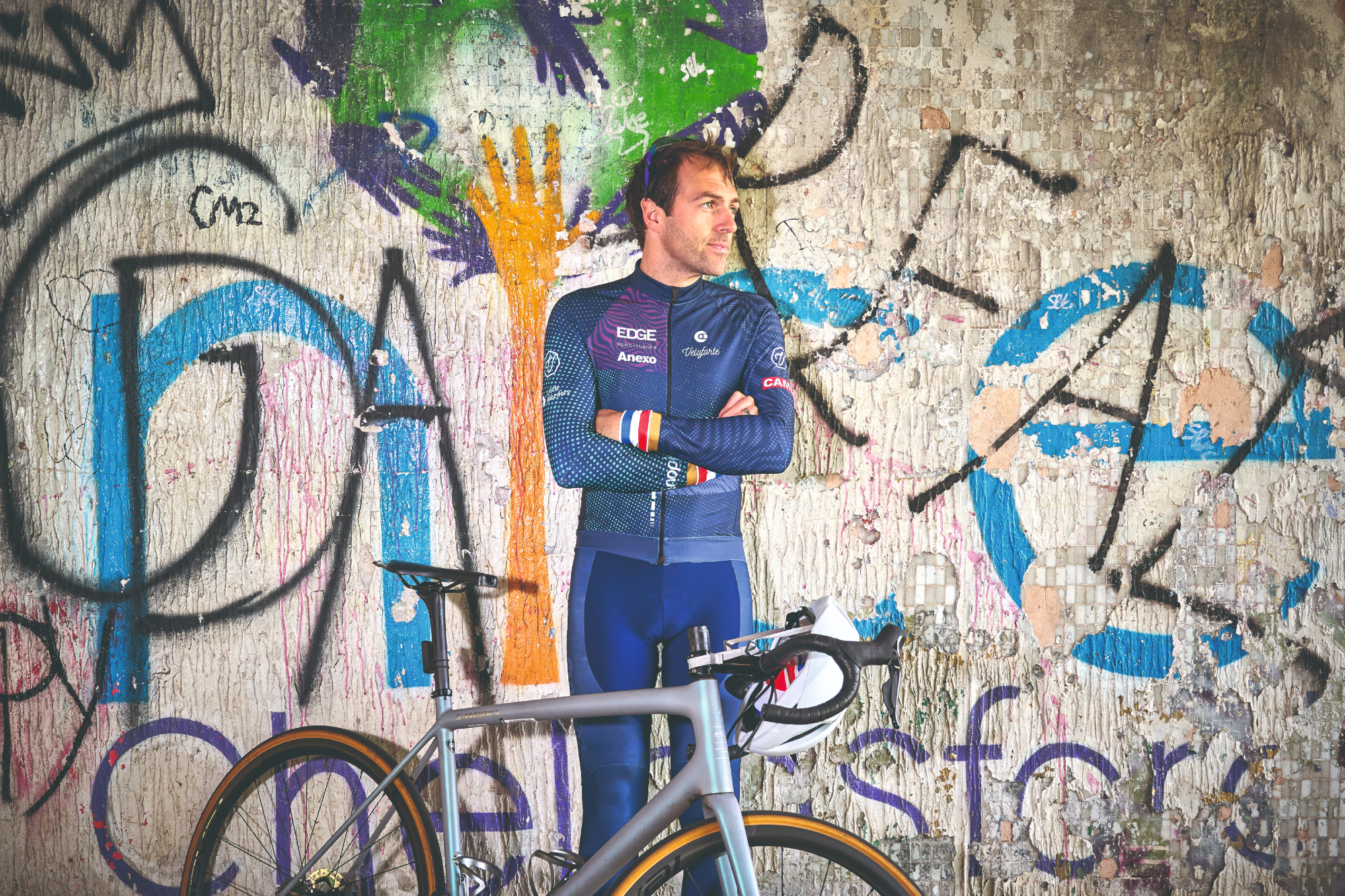
If I wasn’t motivated for a training session, I’d ask myself how, if I didn’t do it, I’d feel at the end of the day. I’d have to readjust nutrition, training plans, my rest day, and I knew I’d feel shit about myself. That helped me to complete every task.
7. It doesn’t have to hurt
The most effective training session for me felt like the biggest waste of time at first. Focusing on neuromuscular efforts for two-and-a-half hours and with a Training Stress Score of no more than 55, it involved six-second sprints, each time with a higher gear and more revs. In-between were eight-minute rests, and the coach preferred complete rest, like sitting on the floor. The session finished with four lots of four minutes at Zone 1, at 120rpm and focusing on position, interspersed with eight-minute rests.
All winter I did this once a week and thought it was useless. But then I went to the opening crit at the Tour Down Under and in terms of accelerating in the saddle, I don’t think anyone on that start line was as good as I was. Traditionally, that had been an area I had struggled in. Another benefit was that, in time trialling, everything was easier position-wise, and nothing hurt. What felt too easy and ineffective actually really worked and was highly effective.
8. Defeat your doubters

You can have a lot of different motivations throughout your career – some are huge underlying ones, others are more specific. In 2010 I broke my shoulder blade two months before the U23 European TT Championships, and I remember the paediatric nurse speaking to me like I was a child and saying I wouldn’t be doing the Europeans, let alone training for them.
When I was on the top step of the podium having won the Europeans, instead of thinking how great it was that I was the best in Europe, I was just happy I’d proven this nurse wrong! She had become my driver.
9. Don’t let slow tech hold you back
At the UCI Road Cycling World Championships in Harrogate [in 2019] I was fifth in the TT, seven seconds off a podium in a one-hour race. If I had run a Continental rear tyre instead of a Vittoria, or Shimano Di2 instead of SRAM, I’d have probably finished second. I didn’t like how that made me feel, so going forward I decided I was going to optimise every single thing I could to try and win but to also finish a race knowing that was as good as Alex Dowsett was ever going to get. If I needed to chuck money at equipment, I’d do it, as I didn’t want to finish another race thinking, ‘Ah, but if I’d had X, I’d have been Y amount quicker.’
10. Massively overload, completely offload
In 2018 Katusha-Alpecin said I was going to China to race the Tour of Guangxi in October. I’d been racing all year [81 days], it felt like all I had done, so I was not happy. I delayed my off-season, and in the two weeks before I just rode two hour-long cafe rides without any structure.
On the way to Guangxi, team-mate Marco Haller and I got really drunk. When we arrived in China, I thought I’d do a pre-race effort and I clocked an all-time five-minute power personal best. In the race I clocked another, and a 30-second PB. I was so good. It was the first time I’d ever done a two-week taper and it was a career-high peak. The year after, I did the Tour de France off the back of an intense race schedule and I really struggled – the overload was too much.
I took seven days completely off the bike after the Tour, and when I went to Holland to recon the European TT champs, I rode at 455 watts for 26 minutes which was above and beyond anything I’d done before. Once again, that huge, huge overload and then a huge offload had given me these incredible peaks of form. I learned I was good at absorbing and resting.
11. Medical motivation
Because I have haemophilia [an inherited bleeding disorder], I developed a stubborn attitude about what I could do. By the time I was racing bikes, the medication had advanced quite rapidly and the only impact it had on me was that I had to inject myself every other day. I felt that because of haemophilia I had an ulterior motive and I felt lucky for that. Even if I was just getting through a Grand Tour or making it to the finish, I knew there was a positive, wider impact to that, and not many other bike racers have that.
12. Don’t believe your own hype
After winning stage eight of the Giro d’Italia in 2013, I became cocky. It was the best and worst thing to happen to me. I was like, ‘That’s it, I am one of the best!’ and I took my foot off the gas a little bit. The truth was, I wasn’t in the top echelon of time triallists, and instead of being bloody special I was one of 20 good TTers capable of winning on their day It came to a head when Dan Bigham and John Archibald came onto the scene and started beating me at my own game – they were more efficient and effective than I was. After that, I became much more open-minded again, as I realised I didn’t know everything.
13. Take a chill pill
In 2014 I said that cycling had a problem with pills, in particular painkillers and sleeping medication, but in the past decade it’s got significantly better, as the old guard has disappeared. There’s much less abuse of sleeping tablets, for example. Finish line bottles of CocaCola, caffeine and paracetamol still exist, but I’m not sure paracetamol does a great deal. A lot of the pill-taking was placebo.
14. Let your body guide you
Illness is the body’s way of saying a forced rest is necessary. In the early days of an illness, you feel like the world is crumbling around you, but there are often silver linings. I didn’t go to the 2014 Tour de France after falling ill just before. A few weeks later, I won TT gold at the Commonwealth Games and riders who I expected to be on a similar level, like Luke Durbridge, were knackered from the Tour.
Dowsett’s career highlights
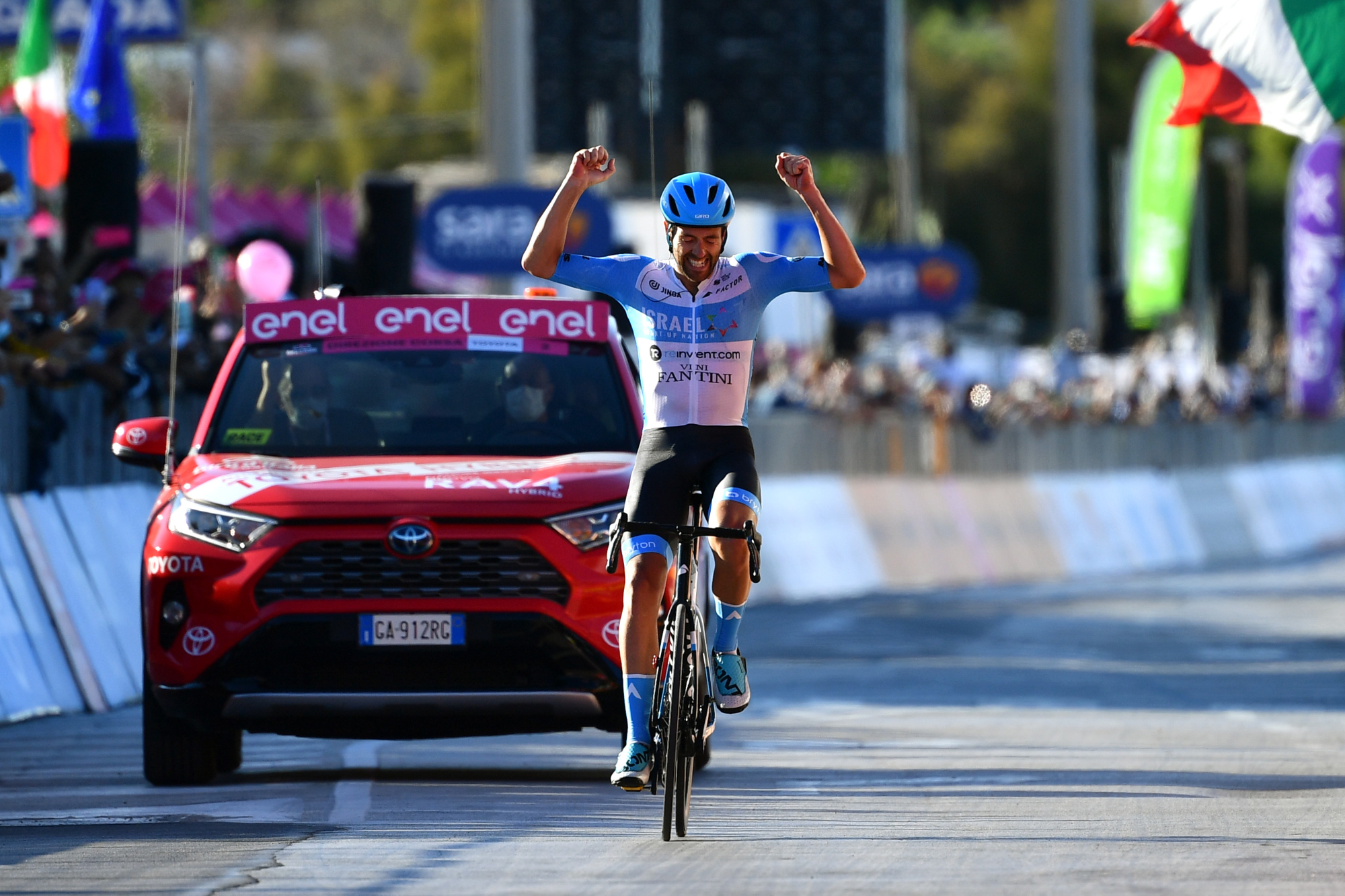
Born in 1988, Dowsett was a competitive swimmer as a child before taking up cycling with his dad Phil and realising he had a talent for it. He turned pro with Team Sky in 2011. His proudest achievements include:
- 1st – Stage 8, Giro d’Italia (2020)
- 5th – TT, Road World Championships (2019)
- 1st – GC, Bayern Rundfahrt (2015) World Hour record: 52.937km (2015)
- 1st – TT, Commonwealth Games (2014)
- 1st – Stage 8, Giro d’Italia (2013)
- 6x 1st – TT, British National Championships (2011-13, 2015-16, 2019)
This full version of this article was published in the print edition of Cycling Weekly. Subscribe online and get the magazine delivered direct to your door every week.

Thank you for reading 20 articles this month* Join now for unlimited access
Enjoy your first month for just £1 / $1 / €1
*Read 5 free articles per month without a subscription

Join now for unlimited access
Try first month for just £1 / $1 / €1
A freelance sports journalist and podcaster, you'll mostly find Chris's byline attached to news scoops, profile interviews and long reads across a variety of different publications. He has been writing regularly for Cycling Weekly since 2013. In 2024 he released a seven-part podcast documentary, Ghost in the Machine, about motor doping in cycling.
Previously a ski, hiking and cycling guide in the Canadian Rockies and Spanish Pyrenees, he almost certainly holds the record for the most number of interviews conducted from snowy mountains. He lives in Valencia, Spain.
-
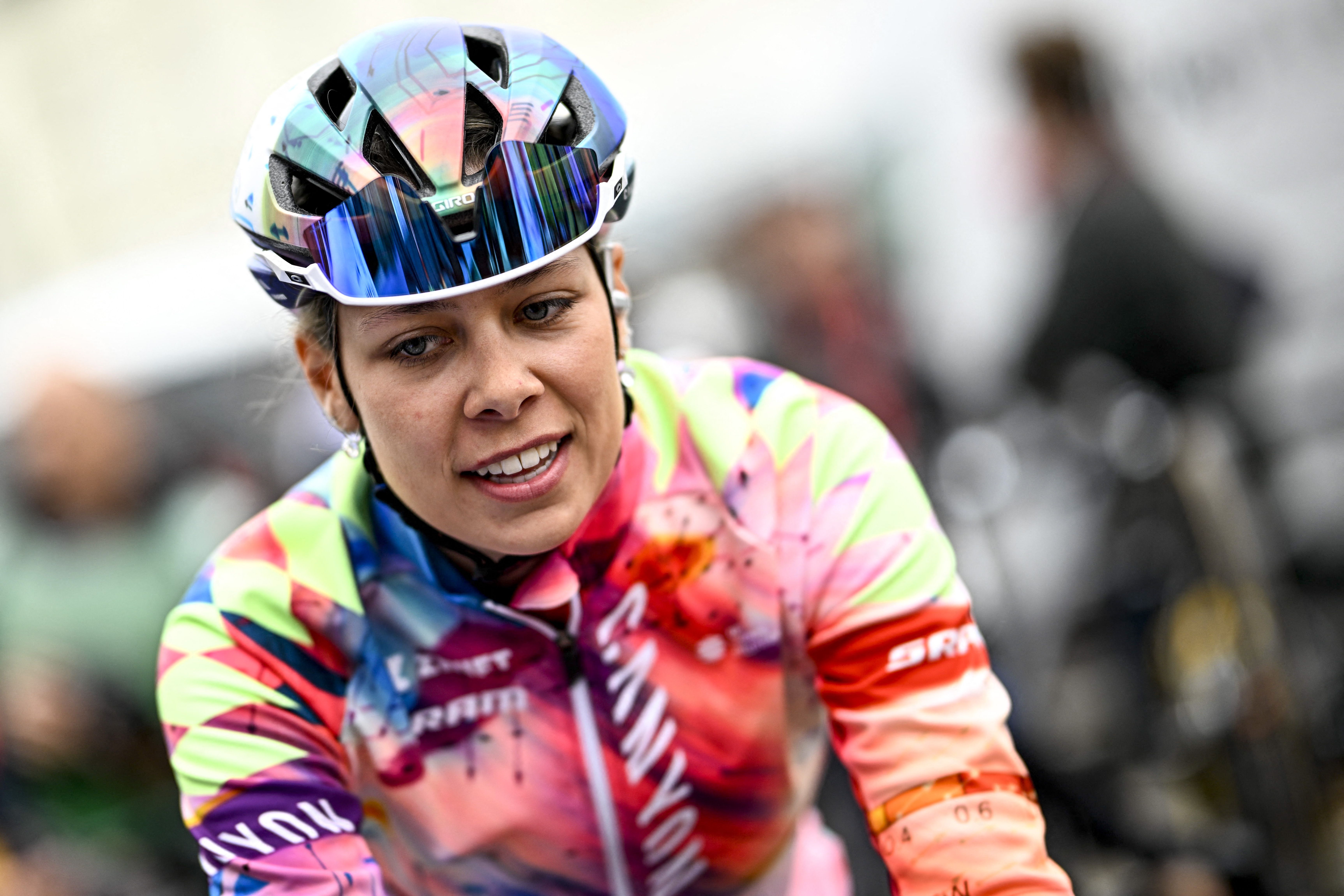 'This is a fresh start' - Belgian rider returns to professional cycling after two year anti-doping ban
'This is a fresh start' - Belgian rider returns to professional cycling after two year anti-doping banShari Bossuyt to ride for AG Insurance-Soudal from June
By Adam Becket
-
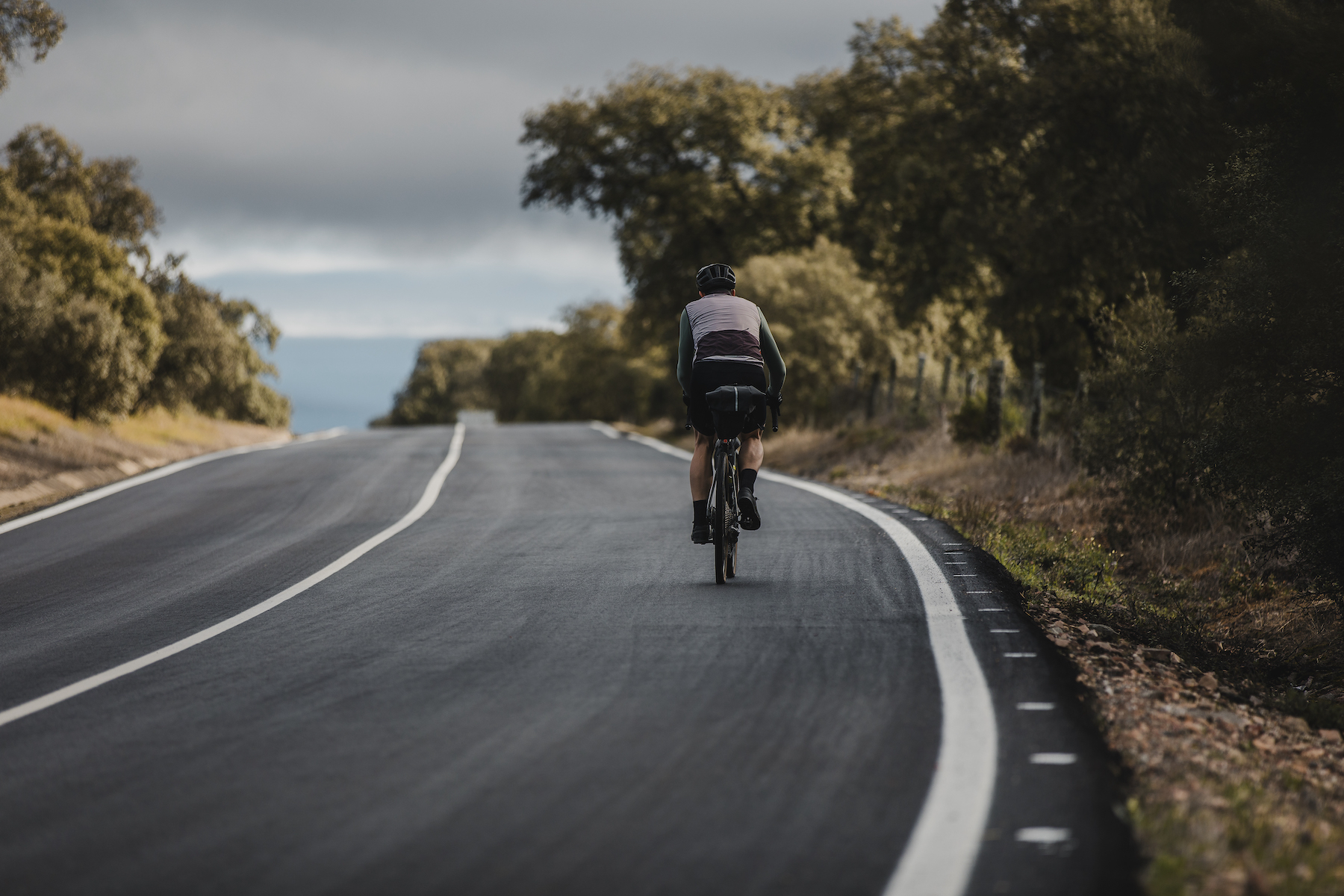 'This is the marriage venue, no?': how one rider ran the whole gamut of hallucinations in a single race
'This is the marriage venue, no?': how one rider ran the whole gamut of hallucinations in a single raceKabir Rachure's first RAAM was a crazy experience in more ways than one, he tells Cycling Weekly's Going Long podcast
By James Shrubsall